-

One Northern Virginia family's journey with early-onset Alzheimer's disease
Alzheimer’s is not just a disease of old age, as two sisters in Northern Virginia learned when their mom was diagnosed at age 51. News4’s Eun Yang reports.
-
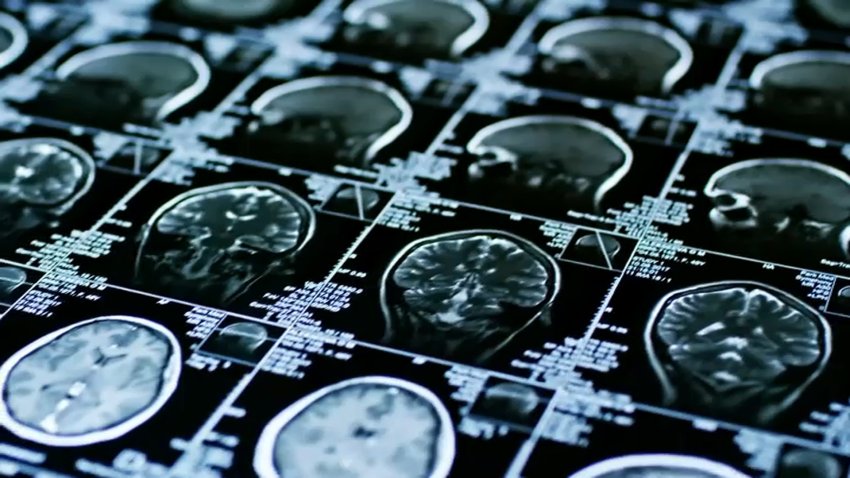
Study examines if 4 lifestyle changes can prevent or reverse Alzheimer's
Doctors are testing if four lifestyle changes can slow, stop — or even reverse — Alzheimer’s disease without using drugs or surgery.
-

Study eyes whether lifestyle changes can prevent Alzheimer's
Doctors are looking at four key lifestyle changes that may prevent or reverse Alzheimer’s disease. “To reduce it to its essence: eat well, move more, stress less and love more,” Dr. Dean Ornish said. News4’s Jummy Olabanji reports.
-
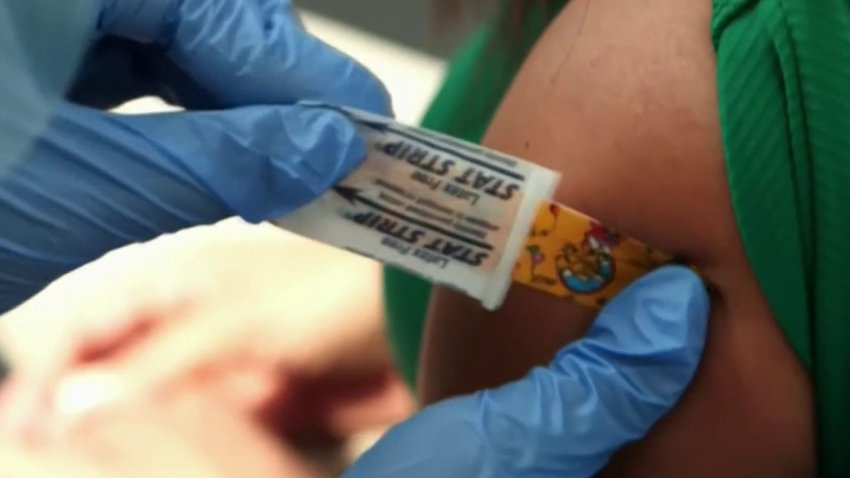
Study says flu shot could reduce risk of Alzheimer's
Flu season is just around the corner, and the flu shot is an important tool to keep your body healthy. One study says it could be good for your brain, too.
-
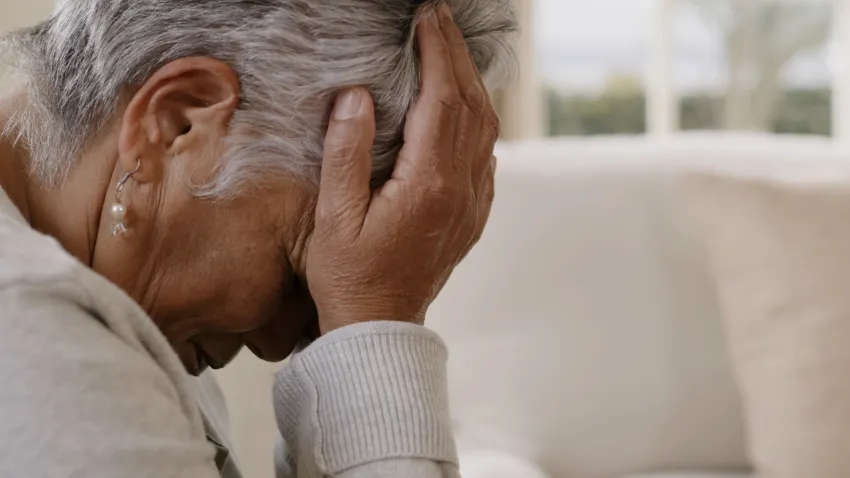
10 possible signs of Alzheimer's — and how the disease affects Hispanic people
The Alzheimer’s Association created a list of early signs of the disease or other types of dementia. In the United States, the disease disproportionately affects Hispanic patients.
-

Bob Barker died from Alzheimer's disease, death certificate states
Barker died at age 99 from Alzheimer’s disease and other contributing factors, as outlined in his death certificate.
-
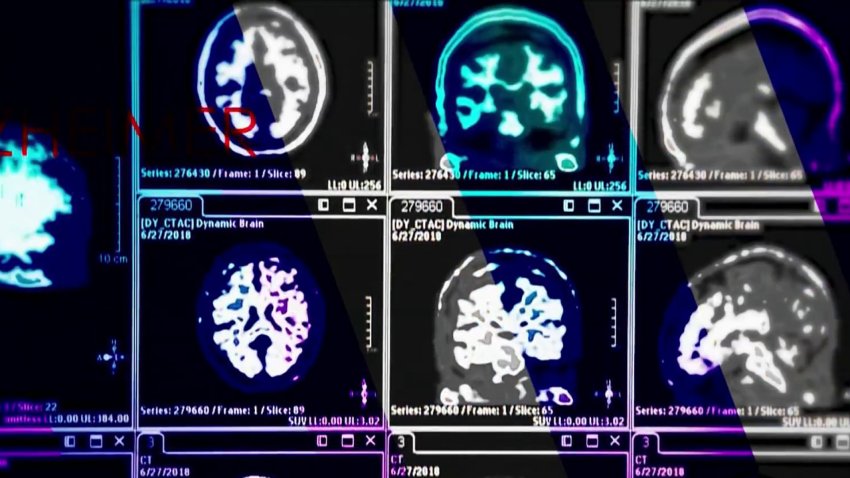
‘New era': Blood test may be able to detect Alzheimer's
New hope against a disease that has taken the minds of 7 million Americans.
-

‘New era': Blood test may be able to detect Alzheimer's
Researchers say a simple finger prick blood test could one day change the way we diagnose Alzheimer’s disease, potentially allowing patients to screen for the disease earlier and more easily. News4’s Eun Yang explains.
-
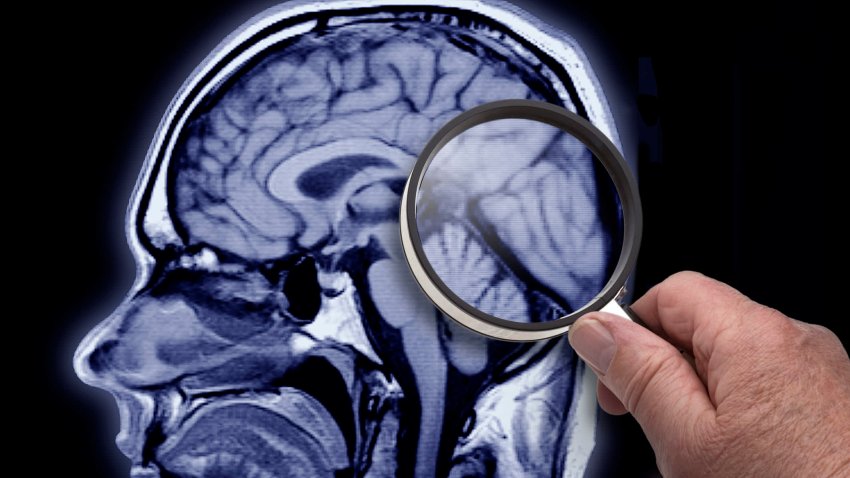
Some insurers won't cover new Alzheimer's treatment shown to slow decline
Some private insurers are balking at paying for the first drug fully approved to slow mental decline in Alzheimer’s patients.
-
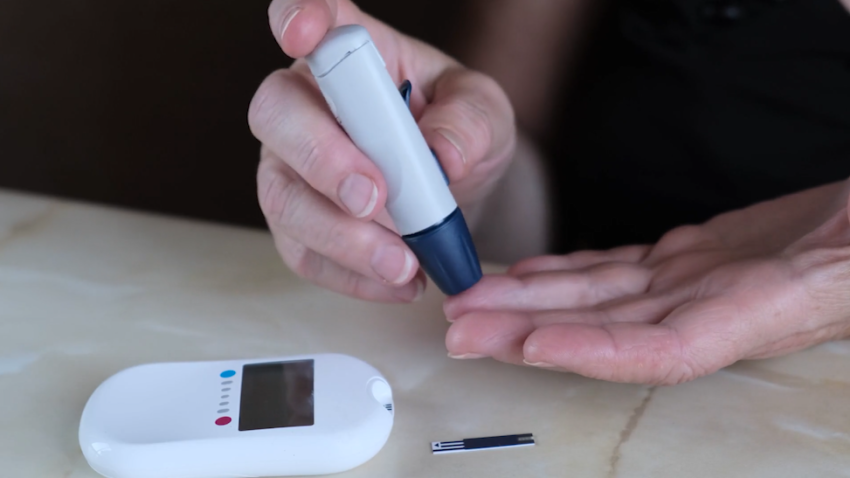
Finger prick blood test could revolutionize Alzheimer's disease diagnosis, research shows
Researchers say the finger prick would be quick and non-invasive, and samples could be taken at home, then easily transported for testing.
-
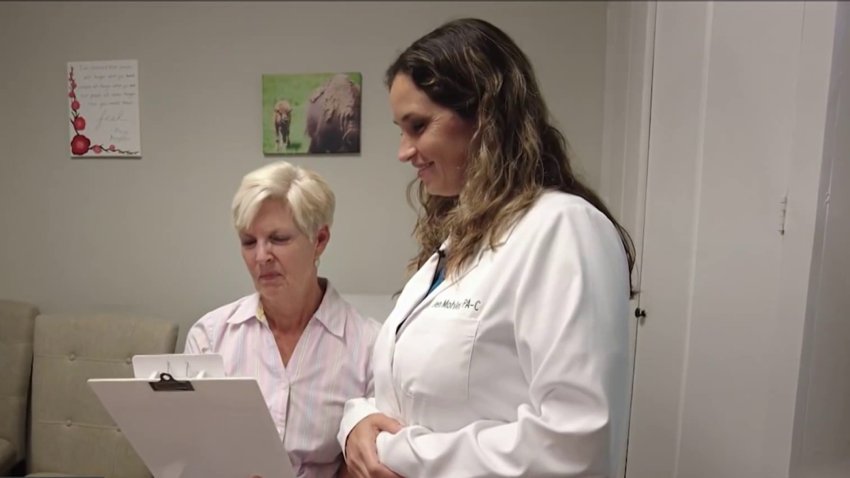
New tools designed to help health care providers detect Alzheimer's earlier
The American Academy of Physician Associates hopes new resources will create earlier detection of Alzheimer’s disease. About 250,000 people in D.C., Maryland and Virginia suffer from Alzheimer’s. Some patients don’t get diagnosed until after their symptoms are severe. “In this area, we don’t have a lot of specialists,” said Jennifer Mohler, who serves patients in Charles and St. Mary’s counties...
-
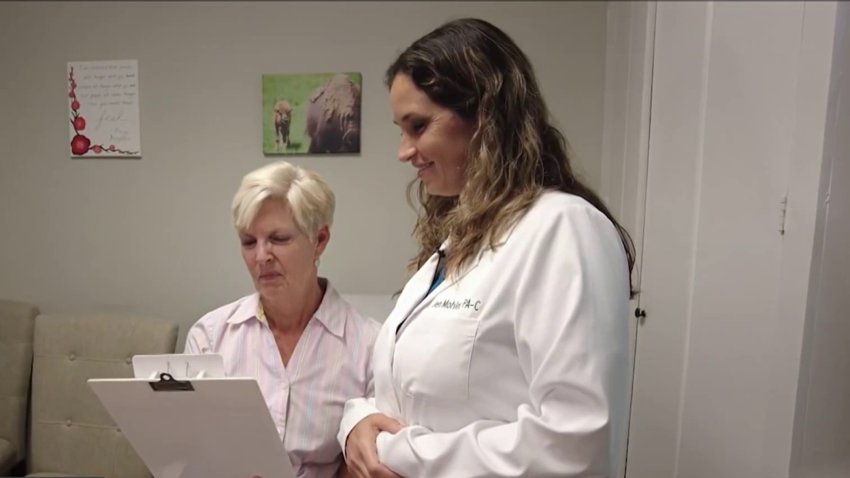
New cognitive toolkit helps detect Alzheimer's
The American Academy of Physicians Associates hopes new resources will help earlier detection of Alzheimer’s disease. News4’s Dominique Moody reports on the cognitive assessment toolkit rolling out to some medical providers.
-

Study shows Eli Lilly's Alzheimer's drug slows memory decline but with safety risks
If U.S. regulators approve, the drug would be only the second Alzheimer’s treatment convincingly shown to delay the mind-robbing disease — after rival Leqembi. Both drugs pose a serious safety concern — brain swelling and bleeding.
-

FDA approves Alzheimer's drug Leqembi, paving way for broader Medicare coverage
Leqembi slowed cognitive decline in a clinical trial, but the treatment is expensive and carries serious risks of brain swelling and bleeding.
-

Alzheimer's drug gets FDA panel's backing, setting the stage for broader use
U.S. health advisers are backing the full approval of an Alzheimer’s drug that received preliminary approval last year. A panel of advisers to the Food and Drug Administration on Friday voted in favor of the infused medication from drugmakers Eisai and Biogen. The FDA granted accelerated approval in January based on early results suggesting the drug could modestly slow Alzheimer’s....
-
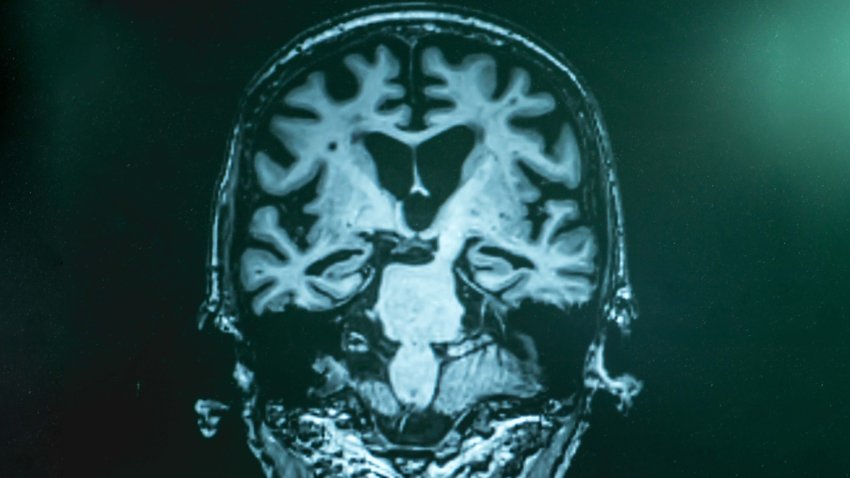
Experimental Drug Slows Worsening Effects of Alzheimer's
Eli Lilly and Co. said Wednesday its experimental Alzheimer’s drug appeared to slow worsening of the mind-robbing disease in a large study. NBC 5’s Bianca Castro talked with Frisco neurologist Dr. Aimee Garza about how it works.
-
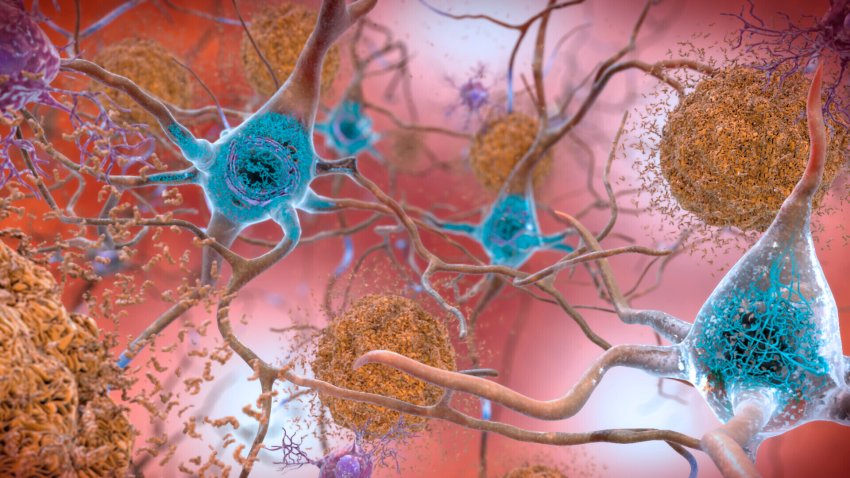
Experimental Drug Shows Signs of Slowing Cognitive Decline in Alzheimer's Patients, Study Finds
New data shows an experimental Alzheimer’s drug modestly slowed the brain disease’s inevitable worsening. The next question is how much difference that might make in people’s lives.

